A historic climate agreement designed to revolutionize the global shipping industry has spectacularly collapsed after sustained pressure from the United States and Saudi Arabia. More than 100 countries gathered in London to formally approve a landmark deal first negotiated in April, which would have positioned shipping as the first industry globally to adopt internationally mandated emissions reduction targets. Instead, the talks ended in dramatic failure as Saudi Arabia successfully moved to adjourn negotiations for an entire year.
This unprecedented setback represents a major victory for the Trump administration, which vocally opposed the agreement, labeling it a “green scam” and threatening retaliatory tariffs against nations voting in favor of the proposal.
Historic April Deal Collapses: What Was the Shipping Emissions Agreement?
In April 2024, the International Maritime Organisation (IMO) achieved a remarkable milestone after a decade of intensive negotiations. The agreement represented the first time any industry had negotiated internationally mandated emissions reduction targets at a global scale.
Under the original terms, beginning in 2028, ship owners would have been required to transition toward increasingly cleaner fuels or face substantial financial penalties. This regulatory framework would have fundamentally transformed how the global shipping industry operated for decades to come.
Hon. Ralph Regenvanu, Minister for Climate Change for the Republic of Vanuatu, acknowledged the agreement’s significance despite limitations: “While it lacks the ambition that climate science demands, it does mark a significant step.”
The agreement emerged after one of the most extensive negotiation processes in international climate governance, representing years of diplomatic effort to establish binding global standards.
Why Shipping Emissions Matter: 3% of Global Carbon Footprint and Growing
Shipping currently accounts for 3% of global greenhouse gas emissions, a figure that appears modest until contextual factors are considered. Approximately 90% of all goods transported globally move via maritime shipping, making the industry essential to global commerce and supply chains.
Critical Problem: Unlike other major industries, shipping has proven structurally unable to reduce its emissions. This stagnation results from fundamental economic incentives—ship operators currently rely on exceptionally cheap diesel fuel as their primary propulsion source.
As maritime transport expert Faig Abbasov from the think tank Transport and Environment explained to the BBC: “There is no fuel as cheap as diesel that ships use today because when we take crude oil out of the ground, we take out all the nice bits, that’s the kerosene for aviation, diesel and petrol for cars.”
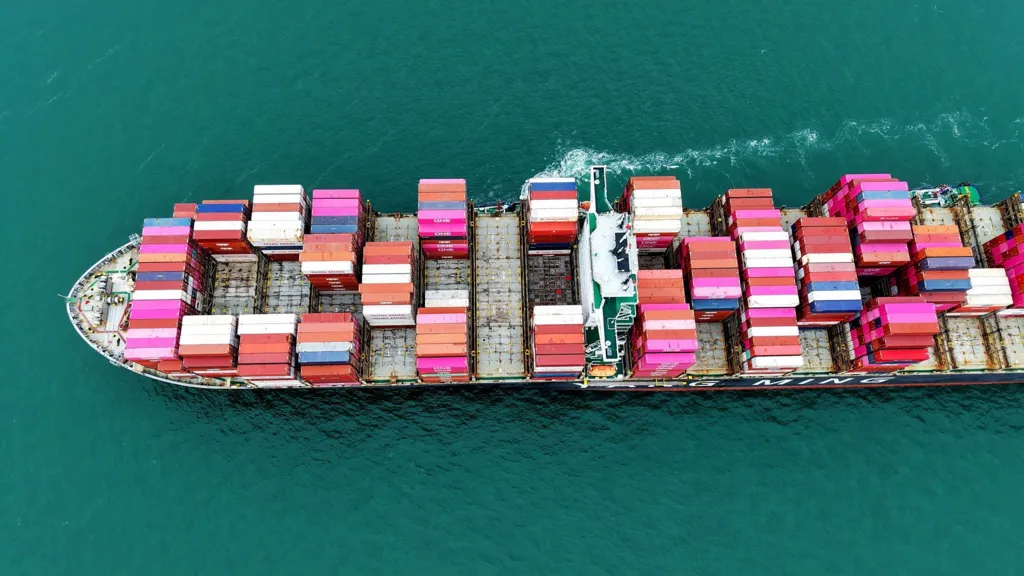
Without decisive intervention, the International Maritime Organisation previously projected deeply alarming scenarios. Global shipping emissions could increase between 10% and 150% by 2050, depending on trade volume growth trajectories. This represents an uncontrolled environmental trajectory that would dramatically undermine global climate targets.
Friday’s Dramatic Collapse: How the Deal Fell Apart
In a shocking procedural maneuver, Saudi Arabia tabled a motion to adjourn all talks for an entire year on Friday, just as countries were preparing to vote on final approval. The IMO chairman determined that this adjournment would automatically invalidate the agreement, as critical treaty timelines would require complete revision.
The motion passed by only a narrow margin—described as “just a handful of votes”—but sufficient to stop the approval process entirely.
Countries Voting to Adjourn (Kill the Deal):
- Russia
- Saudi Arabia
- United States
- Greece (breaking from EU consensus)
- China (reversing its April support)
- Antigua and Barbuda (reversing its April support)
- Bahamas (changing position)
Countries Voting to Continue:
- United Kingdom
- Most European Union nations
- Island nation states (initially)
This unexpected reversal surprised observers, as multiple countries that had supported the agreement in April suddenly reversed positions or abstained from the vote.
US Trump Administration Pressure: Tariff Threats and “Green Scam” Rhetoric
The United States under President Donald Trump emerged as the primary opponent to the shipping emissions agreement. Administration officials pursued an aggressive pressure campaign, threatening countries with retaliatory tariffs if they voted in favor of the proposal.
President Trump personally denounced the agreement via his Truth Social platform on Thursday night, declaring: “The United States will NOT stand for this Global Green New Scam Tax on Shipping. We will not tolerate increased prices on American Consumers.”
The Trump administration’s core argument centered on consumer price concerns. Officials argued that the shipping emissions agreement would increase maritime transport costs, ultimately raising prices on consumer goods purchased by American households. This economic argument resonated with several developing nations and small island states heavily dependent on US trade relationships.
US Secretary of State Marco Rubio immediately characterized the outcome as a “huge win” for Trump, highlighting the administration’s successful opposition to the international agreement.
Why Island Nations Changed Their Position: Economic Coercion by US
According to delegates from small island state coalitions, the Trump administration deployed significant economic pressure to reverse voting positions. A representative from the island states group told the BBC that these vulnerable nations—including Antigua and Barbuda, Bahamas, and others—particularly depend on US trade relationships and faced intense pressure to change their voting stance.
Small island states are among the nations most threatened by rising sea levels and climate change impacts, making their opposition to the shipping emissions deal particularly noteworthy and troubling.
These island nations initially supported the April agreement but ultimately abstained or reversed positions after facing pressure from the Trump administration’s economic threats.
Industry Disappointment: Why Shipping Companies Wanted the Deal
Surprisingly, the global shipping industry supported the emissions reduction agreement, viewing it as providing clarity and consistent global standards. Unlike environmental advocates expecting industry resistance, maritime operators recognized that uniform international regulations would level the competitive playing field.
Thomas Kazakos, secretary-general of the industry body International Chamber of Shipping, expressed disappointment with the talks’ failure: “We are disappointed that member states have not been able to agree a way forward at this meeting. Industry needs clarity to be able to make the investments.”
According to the International Chamber of Shipping, the maritime sector recognizes that consistent global standards facilitate long-term capital investment planning and operational efficiency, even if those standards impose environmental requirements.
Industry Concerns Without Agreement:
- Inability to make long-term decarbonization investments
- Uncertainty regarding future regulatory timelines
- Competitive disadvantages from inconsistent national standards
- Delayed development of cleaner fuel infrastructure
- Stalled innovation in low-carbon maritime technologies
IMO Secretary General Issues “Plea” Against Repeat Obstruction
Reflecting the diplomatic pressure and frustration surrounding the talks’ collapse, International Maritime Organisation Secretary General Arsenio Dominguez issued an unusual formal “plea” that such obstruction tactics not be repeated in future negotiations.
This statement represents an extraordinary acknowledgment from a high-ranking international official that diplomatic pressure and economic coercion had fundamentally undermined good-faith climate negotiations.
Dominguez’s plea highlights growing concerns within the international community about how powerful nations can derail global climate efforts through economic pressure and procedural tactics.
Timeline Collapse: 2028 Implementation Now Impossible
The careful regulatory timeline established in the April agreement appears fundamentally compromised by the one-year adjournment. The original plan required regulations to be finalized and implemented by 2028, allowing maritime operators sufficient time for fleet conversion and infrastructure development.
With talks now delayed for a minimum of twelve months, according to policy observer Blánaid Sheeran from environmental NGO Opportunity Green: “A delay in action may require changes to the text of agreement that undermine the planned timeline, and could revert years of work to date.”
This delay threatens to unravel a decade of diplomatic negotiations, potentially requiring renegotiation of critical agreement terms and pushing any implementation timeline substantially into the future.
Environmental NGO Concerns: Years of Work Jeopardized
Environmental advocates expressed alarm at the agreement’s collapse and the jeopardized decade of diplomatic work. The defeat represents a significant setback for international climate governance, demonstrating the vulnerability of global climate agreements to economic pressure and political opposition from powerful nations.
This outcome raises troubling questions about the international community’s ability to coordinate global climate action when significant economic interests resist environmental regulations.
Broader Implications for International Climate Negotiations
The shipping emissions deal collapse carries troubling implications for future international climate negotiations. If a carefully negotiated agreement involving 100+ countries can be derailed by economic pressure and procedural tactics, other global climate agreements may face similar vulnerabilities.
The incident demonstrates:
- The significant influence powerful nations exercise over international climate governance
- How economic leverage can override environmental commitments
- The difficulty of achieving binding global standards on environmental issues
- The vulnerability of consensus-based international processes to strategic obstruction
What Happens Next: Year-Long Delay and Uncertain Future
With talks adjourned for twelve months, negotiations will resume in 2025 with substantially revised timelines and potentially weakened agreement terms. The original 2028 implementation target now appears unrealistic, likely shifting any mandatory emissions reductions to the 2030s at the earliest.
Ship owners face continued uncertainty regarding future regulations, delaying investments in cleaner propulsion technologies and sustainable fuel infrastructure. This uncertainty ultimately undermines the very climate objectives the original agreement aimed to achieve.
Key Takeaways
The collapse of the global shipping emissions deal represents a significant setback for international climate action and demonstrates the formidable obstacles facing binding global climate agreements. Despite a decade of negotiations and initial approval from over 100 countries, economic pressure and political opposition derailed what could have been groundbreaking environmental regulation.
The incident underscores that achieving binding international climate standards requires not only diplomatic consensus but also political will to resist economic pressure from powerful nations. With shipping representing 3% of global emissions and poised for substantial growth, this failed agreement leaves a critical industry without internationally mandated climate accountability for years to come.



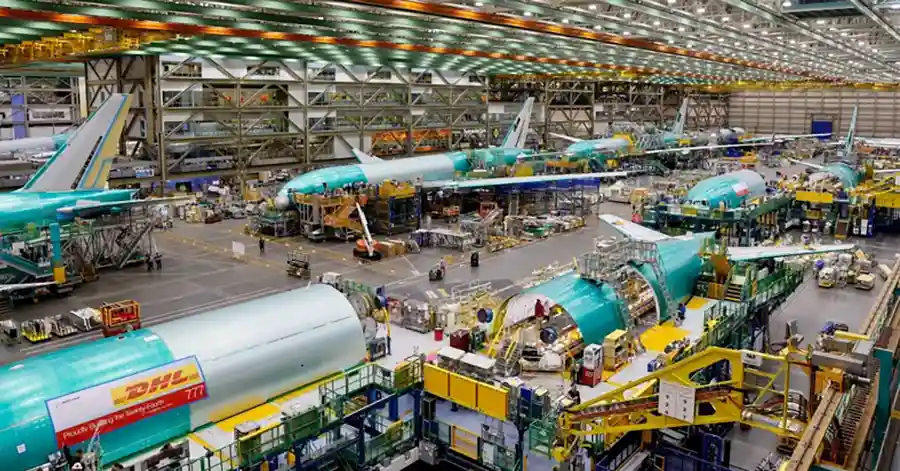


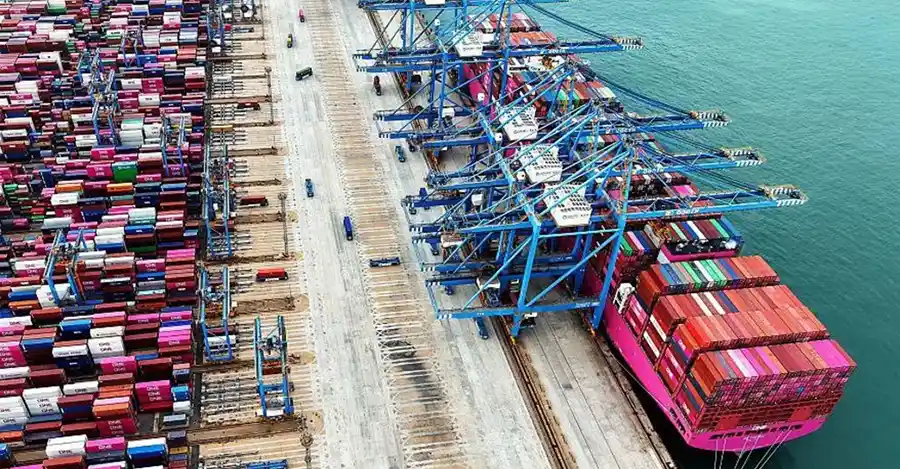







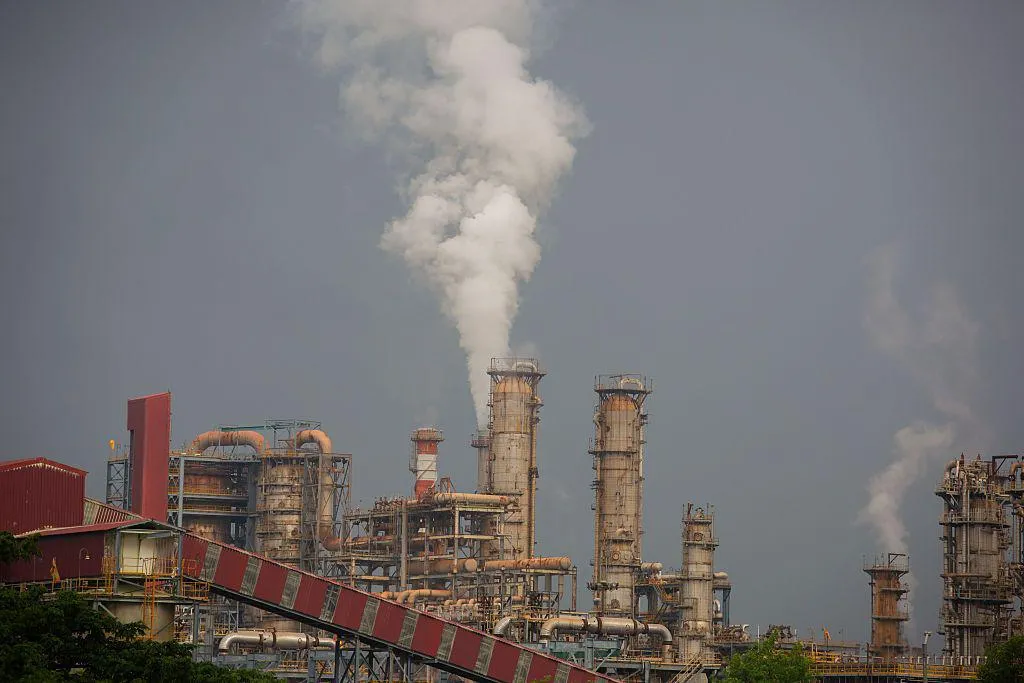





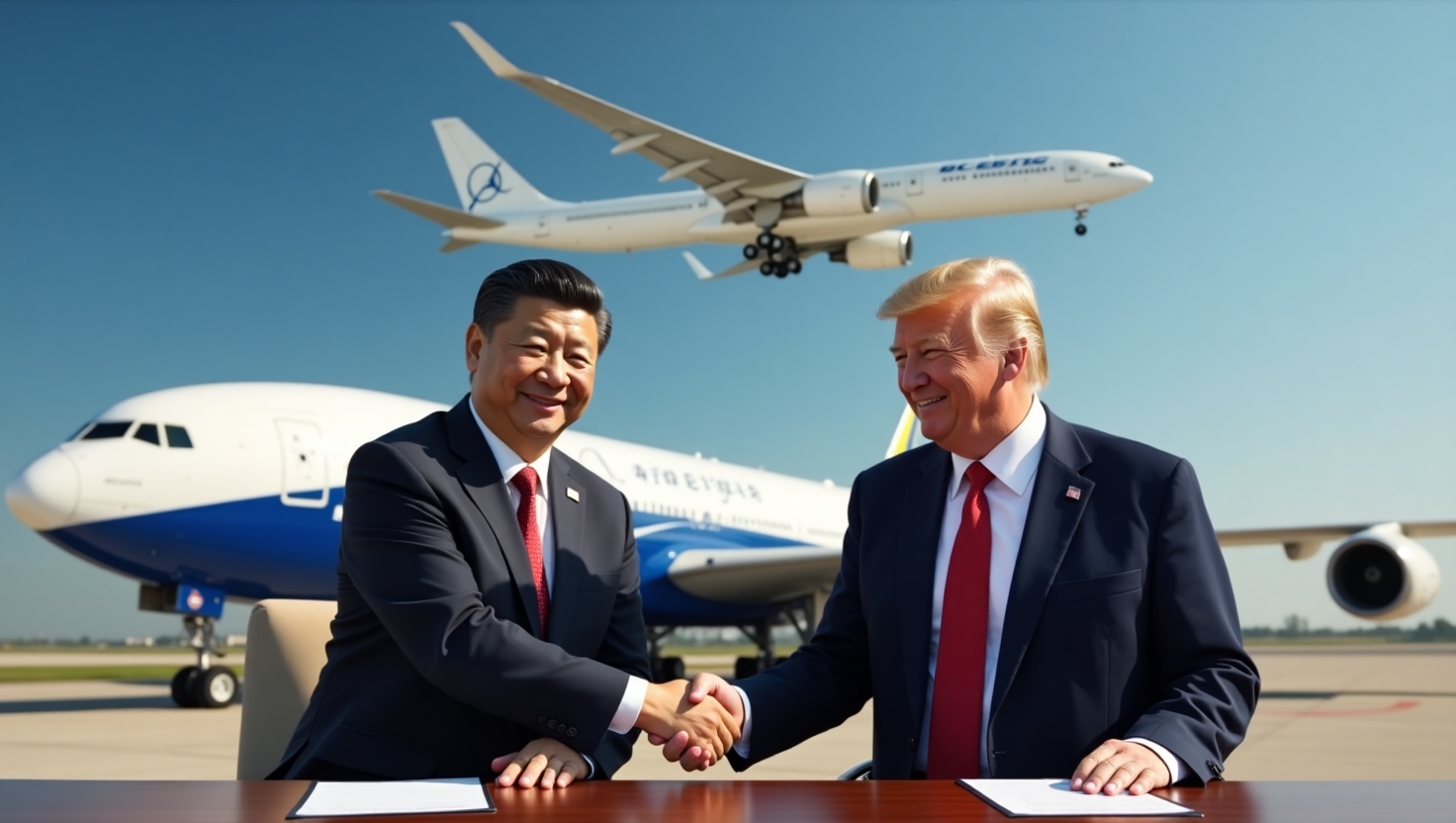
Comments